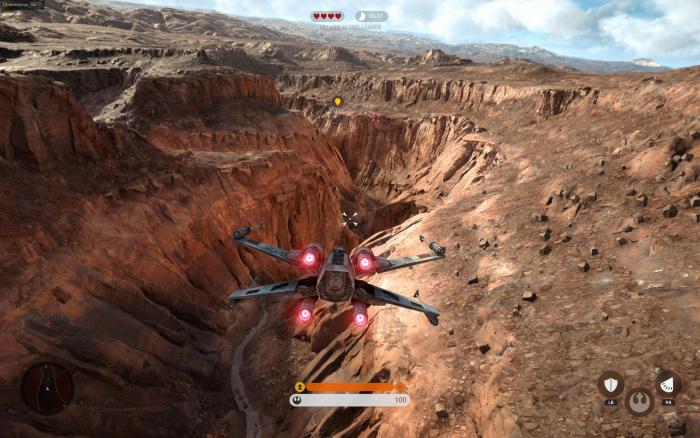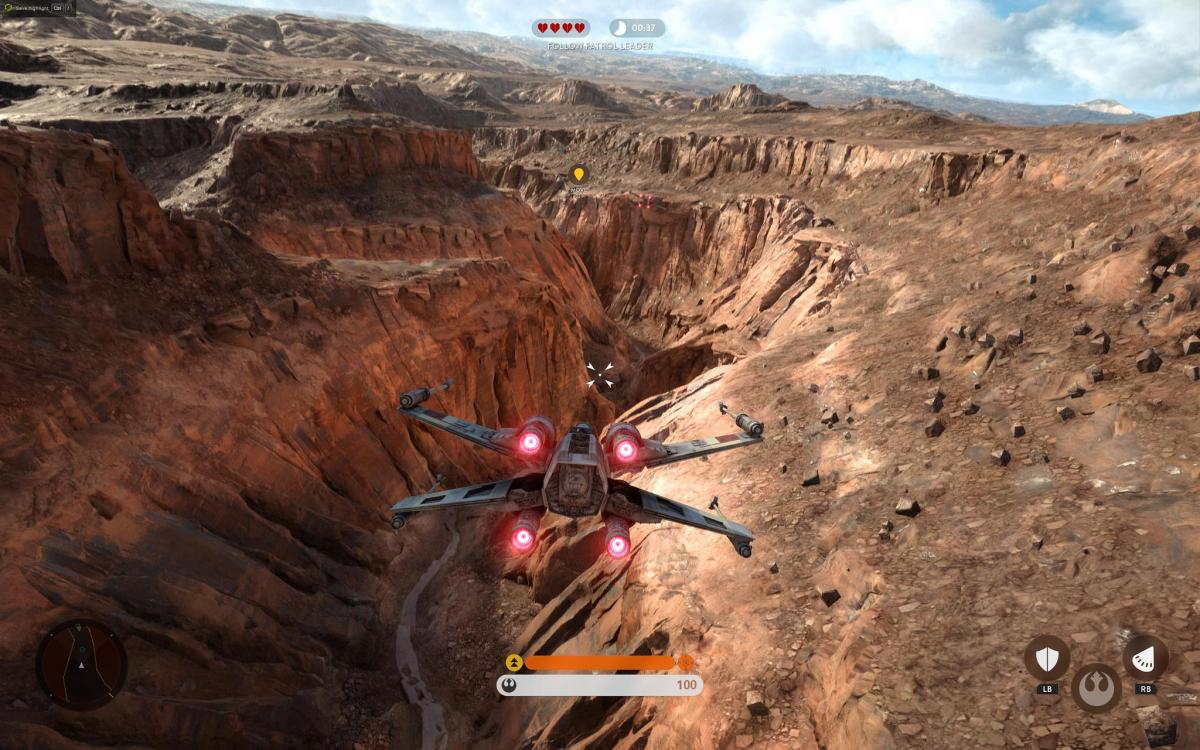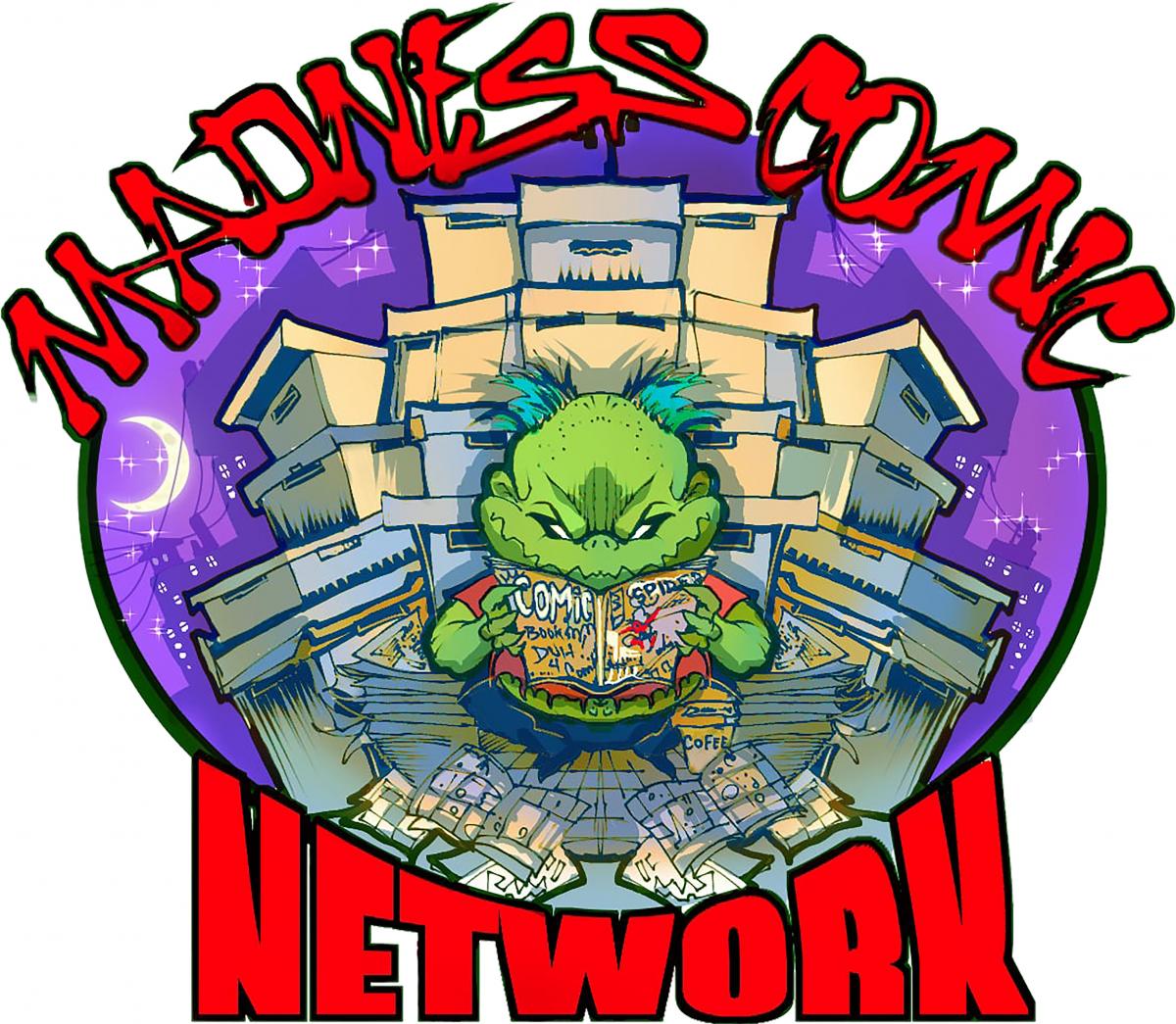Not Just Toys – Just How Important is Merchandising?
FTC Statement: Reviewers are frequently provided by the publisher/production company with a copy of the material being reviewed.The opinions published are solely those of the respective reviewers and may not reflect the opinions of CriticalBlast.com or its management.
As an Amazon Associate, we earn from qualifying purchases. (This is a legal requirement, as apparently some sites advertise for Amazon for free. Yes, that's sarcasm.)

As kids, we loved new movies not just for the films themselves, but for the inevitable merchandising which would help us reenact some of the thrills at home. Whether through Happy Meals or coloring books, there were dozens of avenues that would help keep us entertained, while building significant profit and interest back in the original property. Often underestimated even to this day, we thought it would be interesting to take a look at some of the most famous merchandising efforts, and the amount of profit and interest they have returned to the starting brand.
Not So Long Ago
When George Lucas started out with Star Wars, there was simply no way he could tell just how far and wide the series would develop. Despite this, Lucas was not a man devoid of foresight, as he turned down a $500,000 directorial bonus to instead gain the merchandising rights for the Star Wars property. Now, of course, we know that Star Wars would become of the most successful franchises of all time, with the merchandise bringing in what Forbes lists at $3 billion 2015 alone.
Not only were these merchandising efforts highly lucrative, but they also proved to be incredibly popular. Standing aside from the always desirable action figures of traditional merchandising, many Star Wars video games have been heralded as the best in the medium. PC Gamer lists some of the best here, with the most popular being Star Wars: Knight of the Old Republic (selling 2.77 million units,), Star Wars Battlefront (selling 4.1 million units), and even a crossover with Lego in Lego Star Wars (selling 5.66 million units).
Novels to Television and Games
Some novels receive strong film adaptions, but there are many which are better suited to a longer television series. The most visible among these, now approaching a hotly anticipated eighth and final season, is Game of Thrones. While the books themselves are incredibly successful, having sold around $25 million copies worldwide, it was the television series from HBO which helped push it into an even higher tier of success. Now seeing a multitude of different merchandising adaptions across a wide range of mediums, including video games from Telltale's narrative-driven titles on PlayStation and Xbox to the Cyanide-developed role-playing effort on Steam, and even slot games from the likes of Microgaming on Betway, this series is far more popular now than it could have ever been in its base state.
Comic Books to Film
Of all the modern efforts to bring comic books to film, none have measured up to the utter dominance displayed by the Marvel Cinematic Universe. What sets Marvel apart from much of the competition here is that instead of selling their rights for this universe, as they did for earlier film adaptions such as Blade, they created their own film studio. Now knows as the international powerhouse called Marvel Studios, recent hits include Black Panther which brought in over $700 million in the US Box Office alone, and Avengers: Infinity War, which brought in $678 million.
Considering they filed for bankruptcy back in 1996, and only made $25,000 off of Blade, which itself brought in $70 million at the U.S. box office, this ended as one hell of a step up for the formerly struggling Marvel.
The Two Way Street
While merchandising can be incredibly profitable, it should be noted that in and of itself, the act of merchandising is hardly a means to print money. As we saw with the veritable dumpster fire which was the Atari 2600 game E.T. the Extra-Terrestrial, merchandise is only as good as the effort which is put into it.
Low effort products might make money in the short-term, but these can have a long-term negative effect on both future merchandising efforts and the base property as a whole. Because of this, the very act of merchandising is one which should be taken very seriously. People only have so much money, after all, and we aren’t the type of being to easily forgive and forget when we and our wallets are treated poorly.
As the like have Marvel has shown us, quality can be a life-saver, and we hope this is something more franchises keep in mind going forward.





